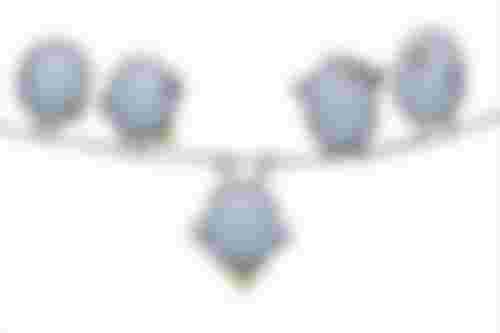Just Be True to Yourself
If you're looking to write, then be true to yourself. You are the best person that can write a story and present it to the world. Don't let anyone tell you otherwise.

We all have a different way of writing. Some of us like to write in the morning and others at night. Some like to go out and experience the world while others prefer to stay in and write. We all have different styles, different backgrounds, and different lives which shape who we are as writers.
And that’s okay.
There is no right or wrong way of writing as long as you're true to yourself as a writer. It's important that you develop your own style so that your readers can learn about who YOU are just by reading your work.
You're going to get feedback on your work that's not always positive. That's just how it goes. But if you're doing this because you want people to tell you what they like about what you write and what they don't like about it, well, that's not really being true to yourself. It's more about trying to please others than it is about pleasing yourself.
If someone says that your writing is not good enough, then ask them why they think so. However, don't do this if you don't want to hear what they have to say about it because it might hurt your feelings. Instead of asking them why they think so, ask them if there is anything that could be changed to make it better. This way, you will get an answer without having your feelings hurt.

Being true to yourself as a writer doesn't mean that everything has to be 100% true-to-life all the time; fiction is often based on real events in order for us as readers to relate better or feel more connected emotionally (which is why so many stories are based on real events). But even then, we need some level of honesty between ourselves as writers and our readers so that we can still enjoy each other's work!
So if this idea of being true-to-yourself isn't about being honest about your own experiences, then what does it mean?
Well, it means being honest about your intentions. It means not trying to be something you're not. It means not trying to force yourself into a box that doesn't fit. And most importantly, it means telling the truth about what matters most to you—whether that's family, friends, or something else entirely—and then writing from the heart about those things.

In Conclusion
Life is full of choices. You can choose to be honest, or you can choose to lie. You can choose to be kind, or you can choose to be mean. And it's important to make these choices when they come up in your life, because they have consequences—consequences that ripple out into the world around you and affect other people. But sometimes, when it comes time for a choice like this, it's hard to know what the right answer is.
It's not always easy to know if you're being true to yourself as a writer. If you're writing about something that happened in real life, does that mean that you have to tell the truth? Or does it mean that if your character did something different from what happened in real life, then your character would no longer be true? There are times when you might want to lie or be dishonest—but do those lies make your story any less interesting?
The answer is no: lying doesn't make things less interesting—it just makes them less true. And being true isn't always easy—sometimes it takes courage; sometimes it takes strength; sometimes it takes creativity and imagination; but either way, being true is worth it!
Remember, being creative doesn't mean you have to be a genius or a master artist. It comes from within, and it's about just being true to yourself—not living up to other people's expectations. It's also important not to compare yourself to others, as we're all on our own unique creative journey.



We always know that the truth is inevitable. Whatever we do or hides, truth must be reveal at the end.